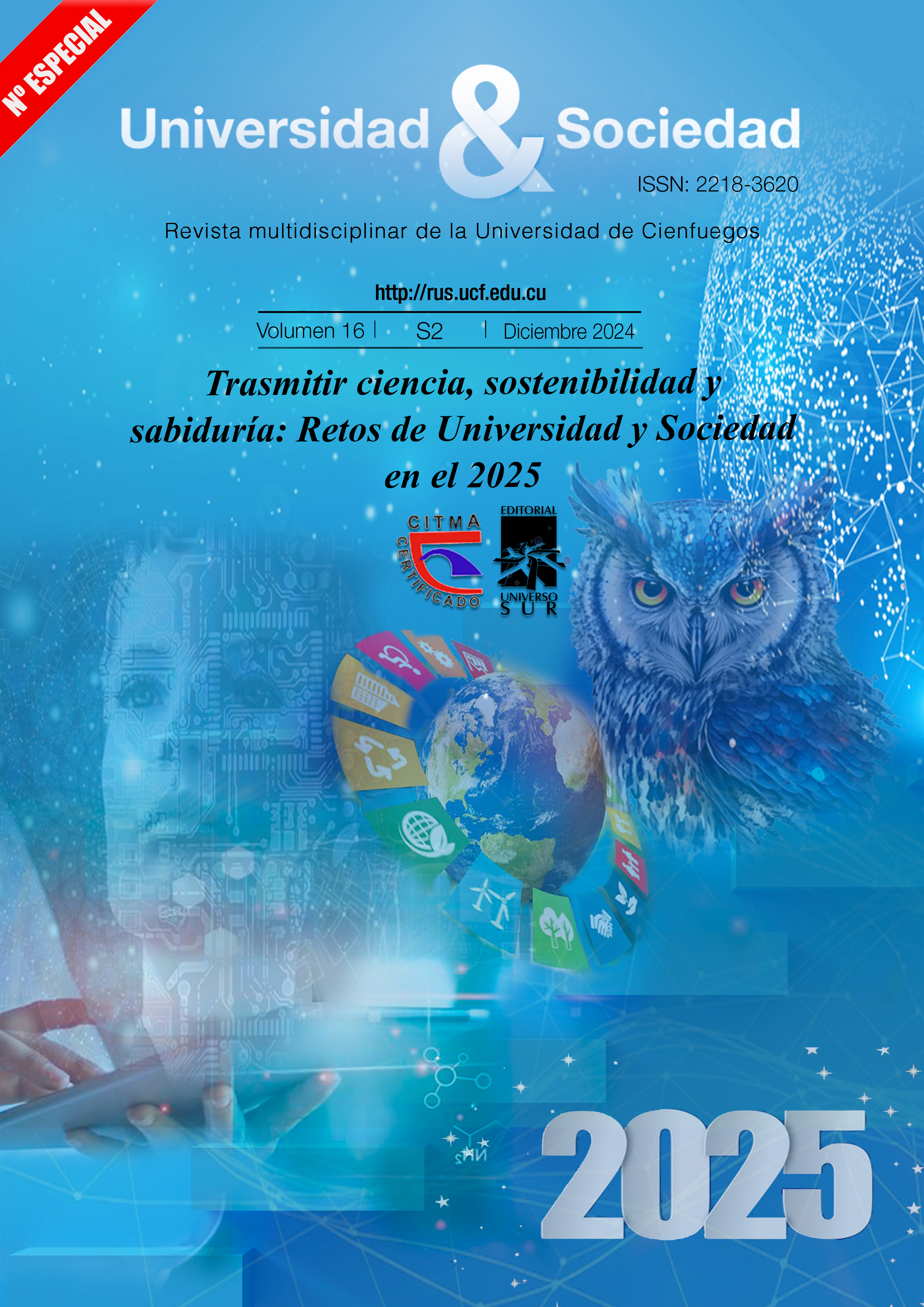Trade as a determinant in business cycle synchronization. The case of Ecuador
Keywords:
Business cycle synchronization, Trading partners, Economic growthAbstract
This research evaluates the level of synchronization for the Ecuadorian business cycle with the countries of the Andean Community of Nations in two stages (1950-1994, 1995-2019) and focuses on whether the business cycles with its neighbors have become more similar over time, especially in the period prior to and following the signing of the Cartagena Agreement and the birth of the Andean Community of Nations (CAN). We also study the level of synchronization with its main international trading partners. We conclude that the business cycles of the member countries have gone through periods of both convergence and divergence. However, there is considerable evidence that, since the 1994 integration, business cycle synchronization in the Andean Community of States area has increased. It is found that such trade intensity led to greater synchronization, however, these results suggest but do not confirm the existence of a common business cycle, not ruling out, therefore, the possibility of a monetary union. On the other hand, it confirms the country's dependence on periods of economic expansion of its trading partners to stimulate its level of economic activity.
Downloads
Published
How to Cite
Issue
Section
License
Copyright (c) 2025 Editorial "Universo Sur"

This work is licensed under a Creative Commons Attribution-NonCommercial-NoDerivatives 4.0 International License.
La editorial "Universo Sur", de la Universidad de Cienfuegos, publica el contenido de la Revista "Universidad y Sociedad" bajo una Licencia Creative Commons Atribución-NoComercial-SinDerivar 4.0 Internacional.
© Podrá reproducirse, de forma parcial o total, el contenido de esta publicación, siempre que se haga de forma literal y se mencione la fuente.










